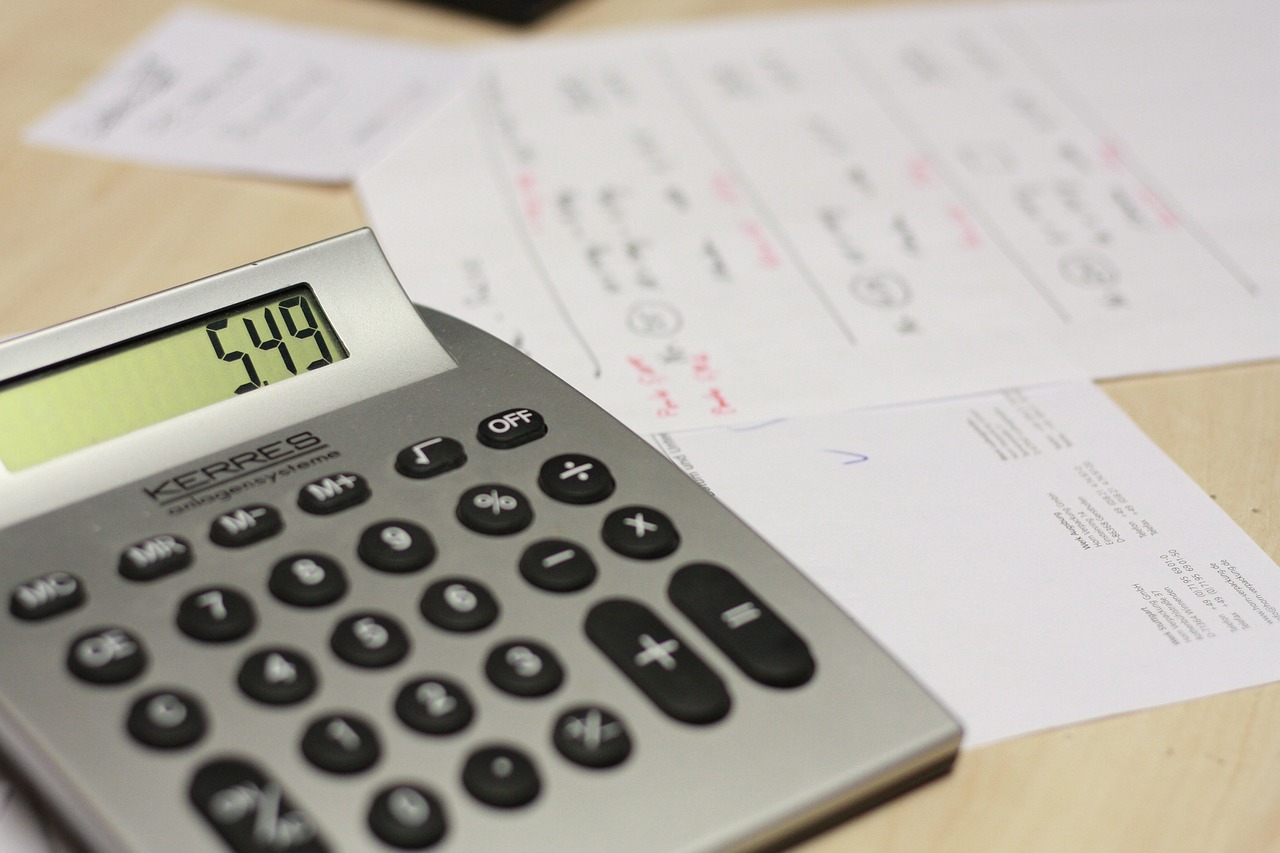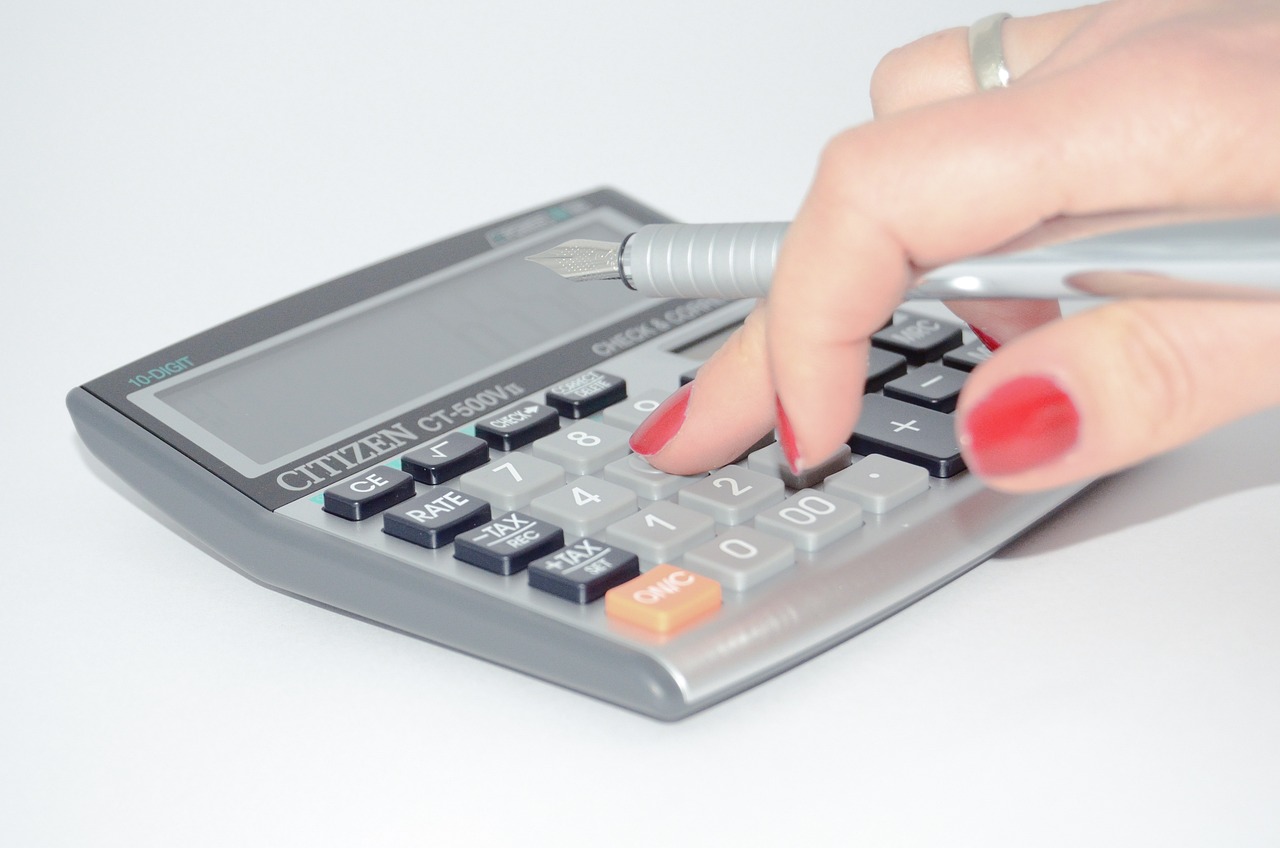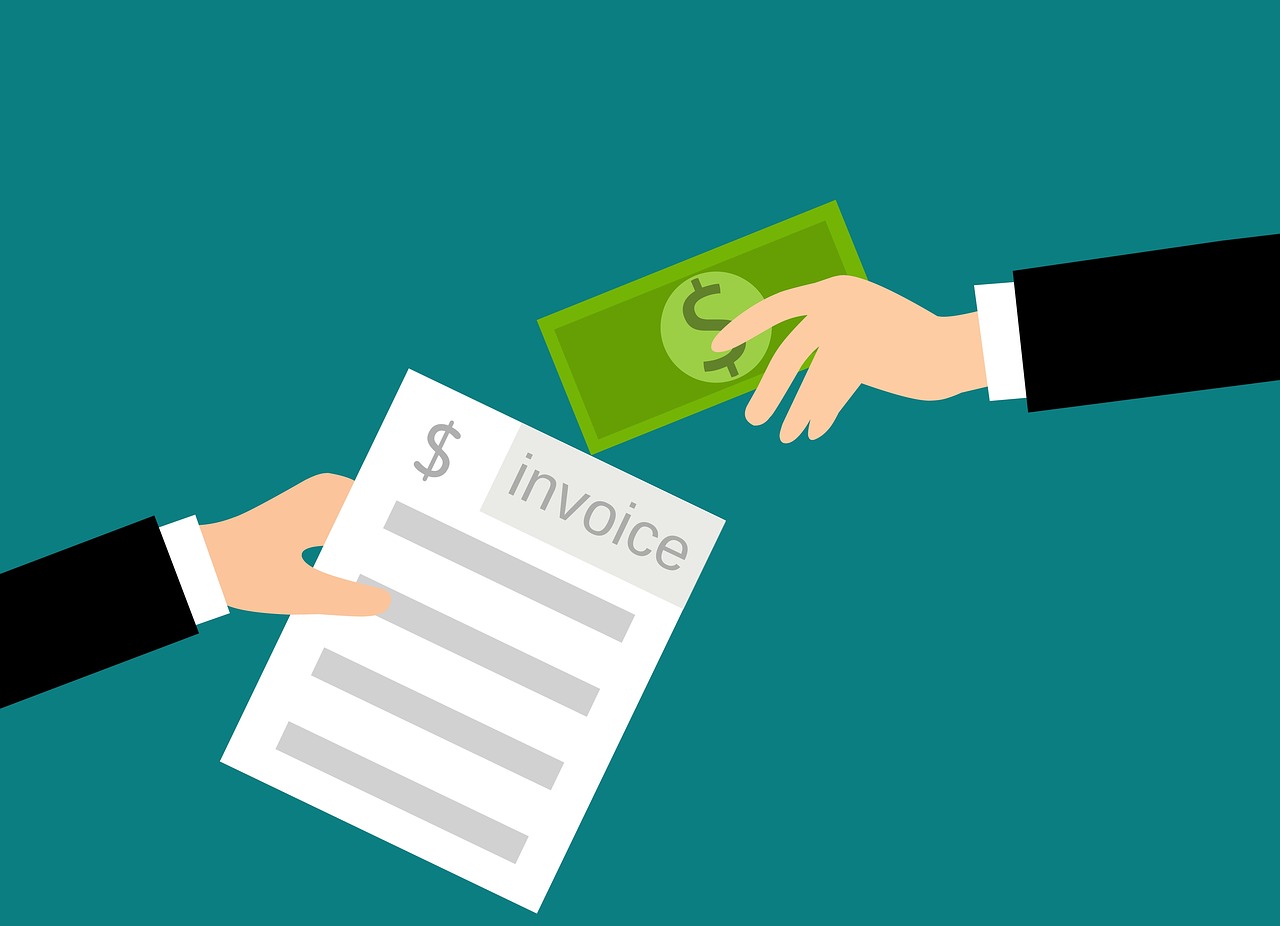Blockchain in Invoicing: Enhancing Security and Transparency
Have you ever thought about how great it would be if managing invoices was both extremely secure and straightforward? That’s precisely what blockchain technology is doing for invoicing. It acts like a reliable guard for your financial activities, ensuring that each invoice you issue is well-protected and transparent. This approach isn’t just the latest tech fad; it’s a practical solution that simplifies and secures invoicing. Interested in seeing how this technology works in real life? Check out our
Saldo Invoice Maker apps, where we use blockchain to enhance the invoicing experience.

Understanding Blockchain Technology
New inventions come and go in the field of technology but some truly stand out, like blockchain. Let’s explore what blockchain is and why it’s becoming a big deal, especially in finance.
What Is Blockchain?
What exactly is
blockchain technology? At its core, it is a system that records information in a way that makes it difficult to hack or cheat. It’s a digital ledger of transactions that is duplicated and distributed across the entire network of computer systems. This setup differs from traditional technologies where data is often stored in a central location. Blockchain’s unique structure ensures that each ‘block’ of data is securely linked to the one before it, creating a chain that’s both secure and transparent.
Blockchain’s Role in Finance
Blockchain has made a
significant splash in the world of finance. It’s being used for all kinds of financial transactions, from buying and selling goods to transferring money across borders. The impact on the financial industry is huge, making processes more efficient, reducing fraud, and cutting down on transaction times. This technology isn’t just changing how we do business; it’s revolutionizing the entire financial sector.
Advantages of Blockchain Technology
What makes blockchain so special? Here are some of its standout advantages:
- Decentralization: Unlike traditional systems, blockchain doesn’t store data in one central point. This decentralization means it’s less vulnerable to attacks and fraud.
- Immutability: Once a transaction is recorded on a blockchain, it’s nearly impossible to change it. This immutability ensures the integrity of the transaction history.
- Transparency: With blockchain, transaction histories are becoming more transparent. Every participant has access to the same documentation, which can only be updated through consensus.
These are just a few examples of how it is transforming the financial landscape. Explore our
Saldo Invoice Maker features to learn more about how we’re incorporating these features into our services.

Security in Invoicing Through Blockchain
When it comes to securing invoices, blockchain steps in with its advanced cryptographic techniques, boosting security to a whole new level.
Enhancing Security With Decentralization
Blockchain boosts security mainly through decentralization. Unlike traditional systems where data is stored in a central database, blockchain disperses information across a network of computers. This means there’s no single point of failure. If one block in the chain is altered, it would be immediately noticeable and voided. Real-world examples include financial institutions using it to
safeguard transaction records and companies implementing blockchain-based invoicing systems to protect against fraud and unauthorized access.
Cryptographic Measures for Data Protection
Blockchain’s use of cryptographic methods is another major security feature. Every transaction on a blockchain is secured with a cryptographic algorithm, which ensures that the data remains tamper-proof. This is a step up from traditional methods, where data can sometimes be more vulnerable to hacking and unauthorized access. In blockchain, each transaction is encrypted and linked to the previous transaction, creating a secure chain of information that’s nearly impossible to break. This approach not only secures data but also ensures the authenticity and integrity of every transaction.
By combining decentralization with robust cryptographic security, this technology is setting a new standard for how invoices and financial data are protected.
Transparency in Invoicing Through Blockchain
The quest for authenticity and reliable data in financial transactions leads us to another cornerstone of blockchain technology — its ability to ensure transparency. According to concrete
case studies, by integrating it into invoicing, we bring a new level of openness to the financial world.

Real-Time Tracking and Transparency
This system isn’t just about keeping data safe; it’s also about making it visible and traceable in real-time. Every transaction on the network is recorded on a public ledger, accessible to all participants. This setup allows for real-time tracking of invoices and payments. Whether it’s a small business tracking its invoices or a large corporation monitoring complex transactions, blockchain’s transparency ensures that every entry is visible and verifiable by all parties involved. This openness not only simplifies the tracking process but also significantly reduces the chances of disputes and errors.
Building Trust With Transparency
Blockchain’s transparency goes hand in hand with trust in financial dealings. For example, a company using blockchain for invoicing can provide its clients with a transparent view of transaction histories, ensuring that there are no hidden charges or errors. This level of openness builds trust, as clients can see exactly what they’re being charged for and when transactions occur. Another example is in international trade, where its transparency helps companies track the movement of goods and the flow of payments, building confidence in cross-border transactions.
Challenges and Concerns in Implementing Blockchain in Invoicing
While blockchain brings many benefits to invoicing, it’s not without its
challenges. Successfully integrating this technology into existing systems poses a few hurdles that need careful consideration.
Technological Challenges
Implementing blockchain in invoicing systems can encounter several technological challenges:
- Integration Issues: Merging this technology with existing financial and invoicing systems can be complex. It often requires significant technical effort to ensure seamless operation.
- Scalability: As more transactions are added to the blockchain, the system needs to maintain its performance without slowing down. Ensuring scalability is crucial for businesses with a high volume of transactions.
- Maintenance: Ongoing maintenance of the system is vital. This includes regular updates and checks to ensure the system remains secure and efficient.
These challenges highlight the need for a
well-thought-out approach when integrating it into invoicing systems.

Regulatory and Compliance Issues
Another aspect to consider is the legal and regulatory landscape. Blockchain technology often raises questions in terms of:
- Legal Considerations: Adhering to the legal frameworks of different countries can be tricky since this field is a relatively new area in the legal domain.
- Compliance With Financial Regulations: It is essential to ensure that blockchain-based invoicing systems comply with financial regulations. This includes aspects such as data protection, transaction reporting, and anti-money laundering measures.
- Comparison With Traditional Methods: Traditional invoicing systems have well-established legal and regulatory frameworks. Systems based on blockchain technology need to match or exceed these standards in terms of speed, efficiency, and compliance.
Handling these regulatory and compliance issues is crucial for the successful
adoption of blockchain in invoicing, ensuring that it both offers technological advantages and aligns with legal and regulatory standards.
The Future Is With Blockchain
Looking ahead, blockchain is set to change the way we do things, especially with invoices. It offers big benefits like enhanced safety, clear records, and faster processes. Though there are challenges and it takes some work to fit it into our systems, the gains are worth it.
At Saldo Invoice, we’re excited about using blockchain. We’re working hard to mix it smoothly into what we do, aiming to be faster and more efficient than using the old ways. Our goal is to make invoicing simple and secure for everyone. Blockchain isn’t just a tech update; it’s a big step forward in improving financial dealings.
Gleb Piankov
Product Designer. The one, who develops and improves Invoice Maker. He creates and maintains the design system of Saldo Apps products.
Learn more








